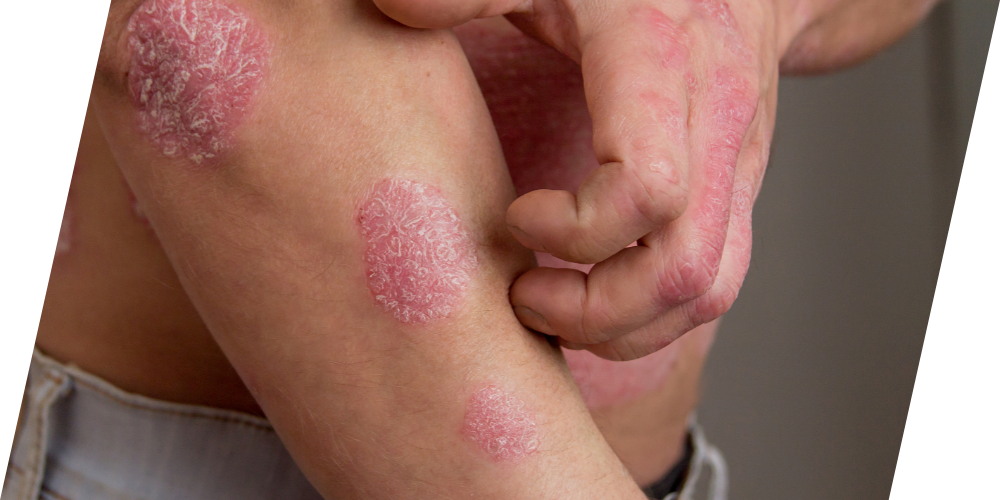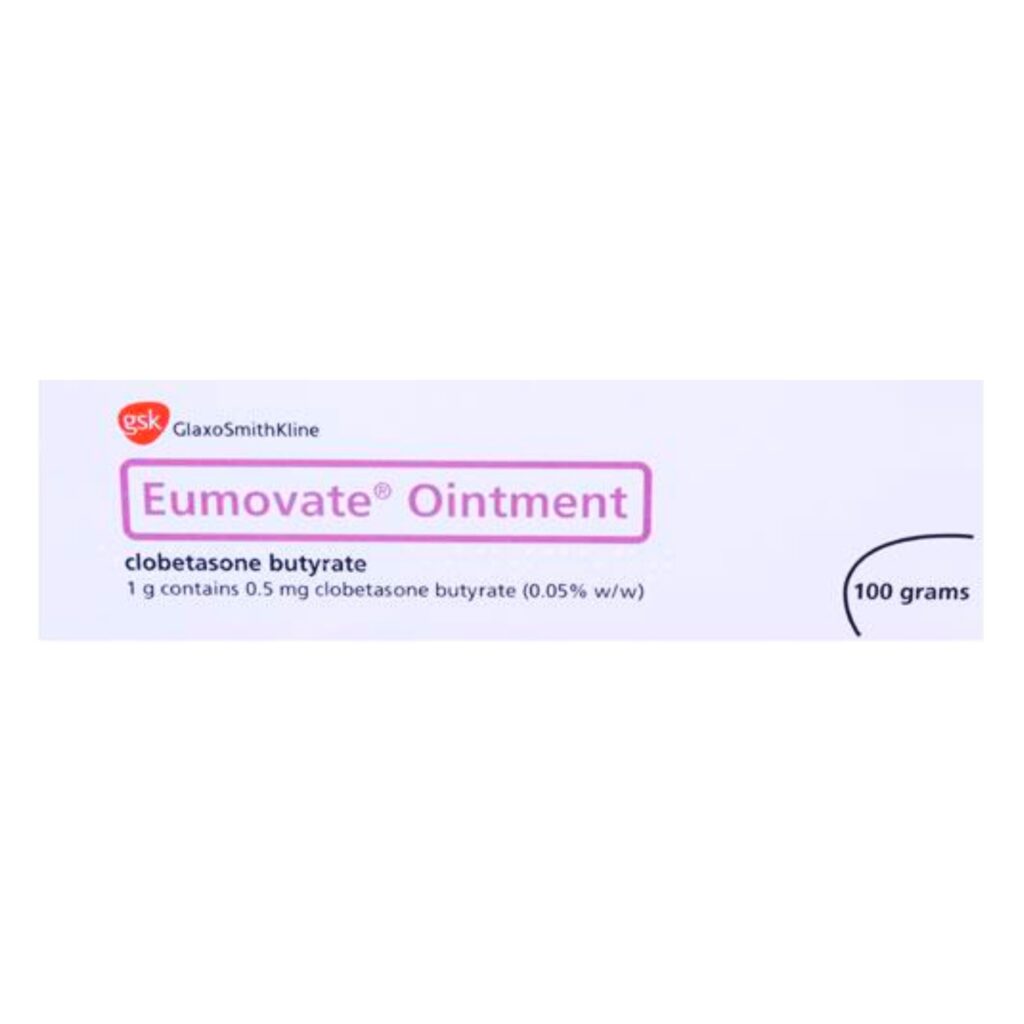Eczema
Discover effective solutions for managing eczema with our range of treatments designed to soothe and protect your skin. Eczema, a chronic condition characterised by inflamed, itchy, and irritated skin, can significantly impact your quality of life. Each product is chosen to ensure it meets high standards of efficacy and safety. To find the most suitable treatment for your specific needs, we encourage you to complete our online consultation form. By providing detailed information about your condition, you help us recommend treatments best suited for your skin type and eczema severity.

Eczema Treatments
Our Trustpilot Reviews
Eczema FAQs
What is eczema?
Eczema, also known as atopic dermatitis, is a chronic inflammatory skin condition characterised by red, itchy rashes that can appear anywhere on the body.
What is psoriasis?
Psoriasis is a chronic autoimmune skin disorder that causes the rapid buildup of skin cells, leading to thick, silvery scales and itchy, dry, red patches that may be painful.
What are the main differences between eczema and psoriasis?
The main differences between eczema and psoriasis lie in their causes, appearance, and affected areas. Eczema is often associated with allergic reactions and typically appears as red, inflamed patches that are often itchy. Psoriasis, on the other hand, is an autoimmune condition characterised by thick, silvery scales and dry, red patches, usually on the scalp, elbows, knees, and lower back.
What are the typical symptoms of eczema?
Typical symptoms of eczema include redness, itching, dryness, swelling, and sometimes oozing or crusting of the skin.
What are the typical symptoms of psoriasis?
Typical symptoms of psoriasis include red patches of skin covered with silvery scales, dryness, itching, burning, soreness, or thickened nails.
Can eczema and psoriasis occur at the same time?
While it is uncommon, eczema and psoriasis can occur simultaneously in some individuals. This condition is known as eczema-psoriasis overlap syndrome.
Is there a genetic component to eczema or psoriasis?
Both eczema and psoriasis have a genetic component, meaning they tend to run in families. Individuals with a family history of either condition are at a higher risk of developing them.
How does weather impact eczema or psoriasis symptoms?
Weather can impact eczema and psoriasis symptoms differently. Dry, cold weather can exacerbate eczema symptoms, while hot, humid weather may worsen psoriasis symptoms for some individuals.
Can eczema or psoriasis affect infants or young children?
Yes, eczema and psoriasis can affect infants and young children. Eczema, in particular, often appears during infancy and childhood, while psoriasis can develop at any age, including childhood.
Can eczema or psoriasis affect mental health?
Both eczema and psoriasis can have a significant impact on mental health, causing stress, anxiety, depression, and low self-esteem due to their visible and often chronic nature.
Can eczema or psoriasis lead to complications?
Eczema and psoriasis can lead to various complications, including skin infections, eczema herpeticum (a viral infection), and psoriatic arthritis (joint inflammation associated with psoriasis).
Can eczema or psoriasis cause hair loss?
Hair loss is not a typical symptom of eczema, but in severe cases where the scalp is affected, hair loss may occur. In psoriasis, hair loss can happen if the scalp is involved.
Can eczema or psoriasis affect the eyes?
Eczema and psoriasis can affect the eyes in some cases, causing redness, irritation, dryness, and inflammation around the eyelids and eye area.
Can eczema or psoriasis lead to skin infections?
Both eczema and psoriasis can lead to skin infections if the skin barrier is compromised or if scratching leads to open wounds. Bacterial, viral, and fungal infections are common complications.
Can eczema or psoriasis increase the risk of other health conditions?
Eczema and psoriasis may increase the risk of other health conditions, including cardiovascular disease, obesity, diabetes, and autoimmune disorders. It’s essential to manage these conditions effectively to reduce the risk of complications.










